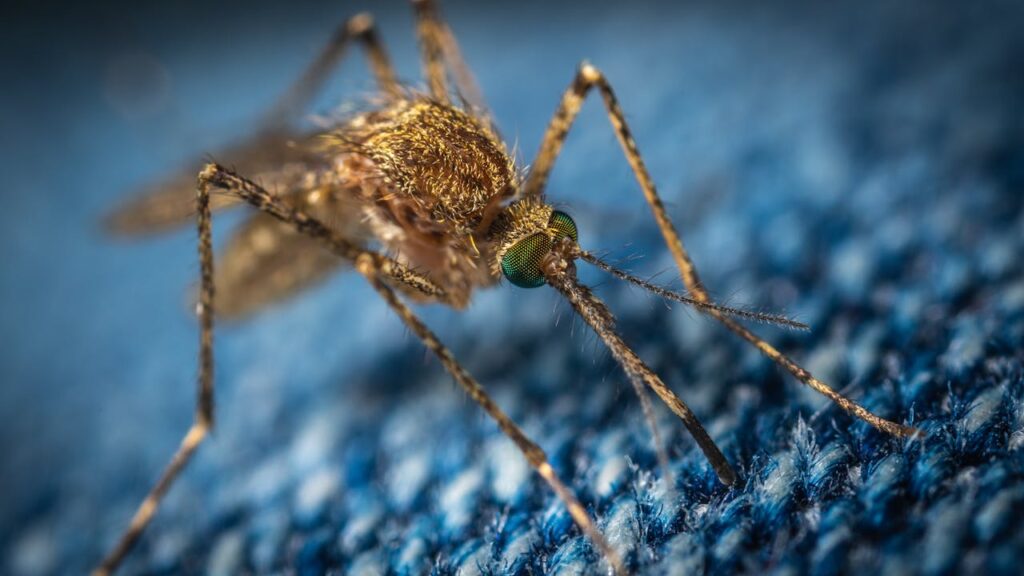Currently, there’s no specific antiviral treatment for dengue fever. Treatment focuses on relieving symptoms and preventing complications. This typically involves:
- Rest: Getting plenty of rest helps the body recover.
- Hydration: Drinking plenty of fluids to prevent dehydration.
- Pain Relief: Using over-the-counter pain relievers like acetaminophen (paracetamol) to reduce fever and pain. However, avoid aspirin and ibuprofen, as they may increase the risk of bleeding.
Dengue Vaccine:
A dengue vaccine, Dengvaxia, is available in some countries. However, its effectiveness varies depending on factors like prior dengue infection and the specific dengue virus serotype circulating in the area. It’s essential to consult with a healthcare provider to determine if the vaccine is suitable for you.
Remember, the best way to prevent dengue fever is to protect yourself from mosquito bites by using repellents, wearing protective clothing, and eliminating breeding sites for mosquitoes.

